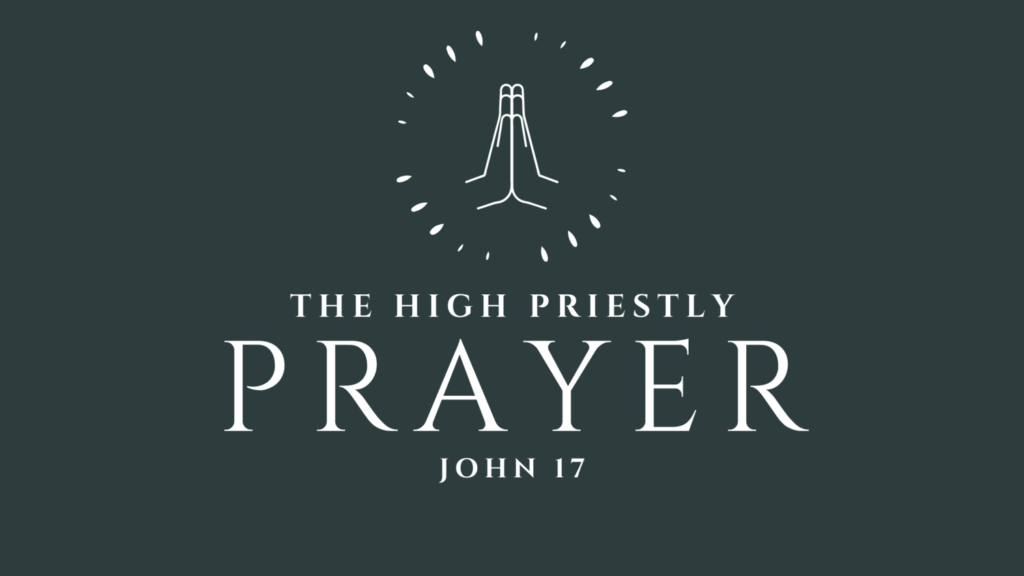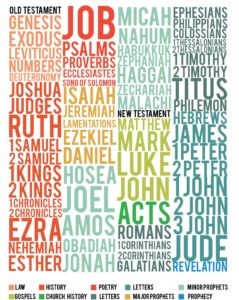Most mornings I continue to read Jonathan Edwards’s sermons as part of my devotional life. Along the journey through his preaching–currently in the Yale volume covering 1730-1733–I read for homiletical insights with the goal of being a more effective exegete/theologian/preacher.
Almost every sermon helps me learn how to apply Scripture. Edwards was meticulous in his application.
In his sermon, The Duty of Self-Examination, from Haggai 1:5 (“Now therefore thus saith the Lord of hosts: Consider your ways.”), Edwards tells his listeners:
“We ought to consider which has the greatest influence upon us: our carnal appetites, or the promises and threatenings of God’s Word” (p. 486, vol. 10, Kimnach).
You’ll certainly want to explain “carnal appetites.” After you do, you have one half of an equation that affects our daily choices. The other half features two elements of sacred Scripture: promises and warnings.
Then, Edwards describes every moment of temptation:
“When there is set before us a self-denying, mortifying duty and a pleasant sin, for us to take our choice, the sinful pleasure and delight allures and entices on one side, and the favor of God and heaven invites on the other. Which do we choose, which has the greatest influence upon us…” (p. 486).
Your Scripture for this coming Sunday could have either direct or indirect reference to our “carnal appetites” or to “the promises and threatenings of God’s Word.” If so, then it’s a matter of identifying some specifics.
For instance, which element influences our thought life? What about the words we speak to each other?
And then, with typical Edward-like seriousness he states:
“Every man is in the way to heaven or the way to hell, and the way that we are now in, if pursued, will certainly bring us to one or the other of these” (p. 488).
And all that before the Application section of the sermon!
I hope that these excerpts from Edwards’s applicational angles helps you help your congregants put God’s Word into practice so that God continues to receive glory in the church and in Christ Jesus (Ephesians 3:21).
Randal










